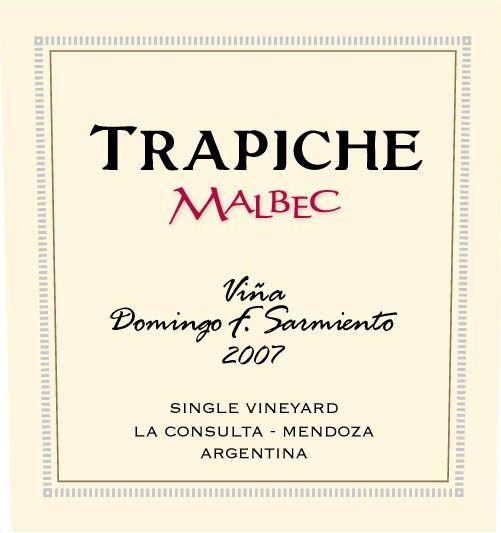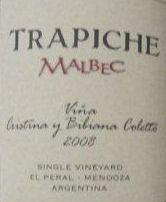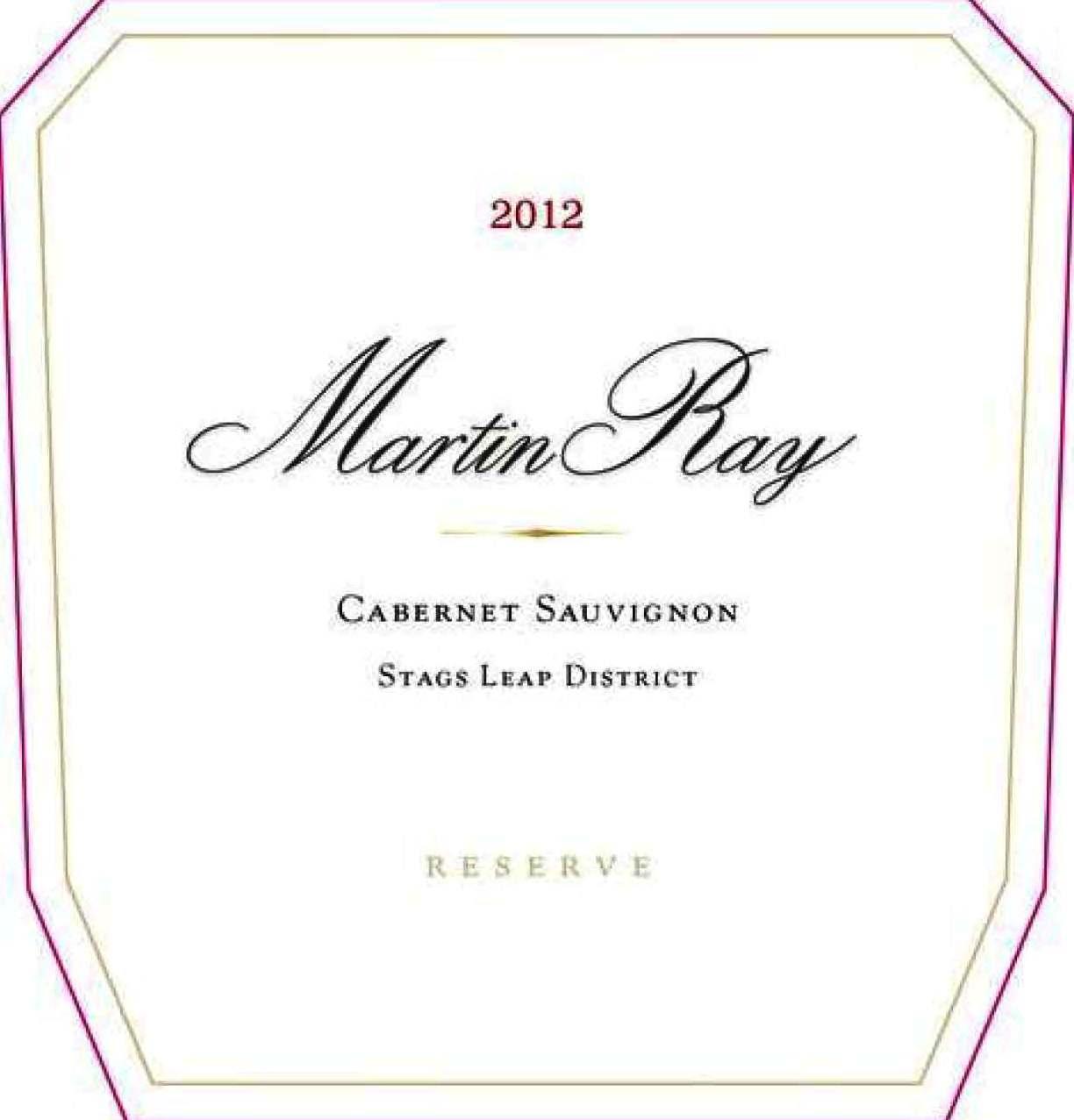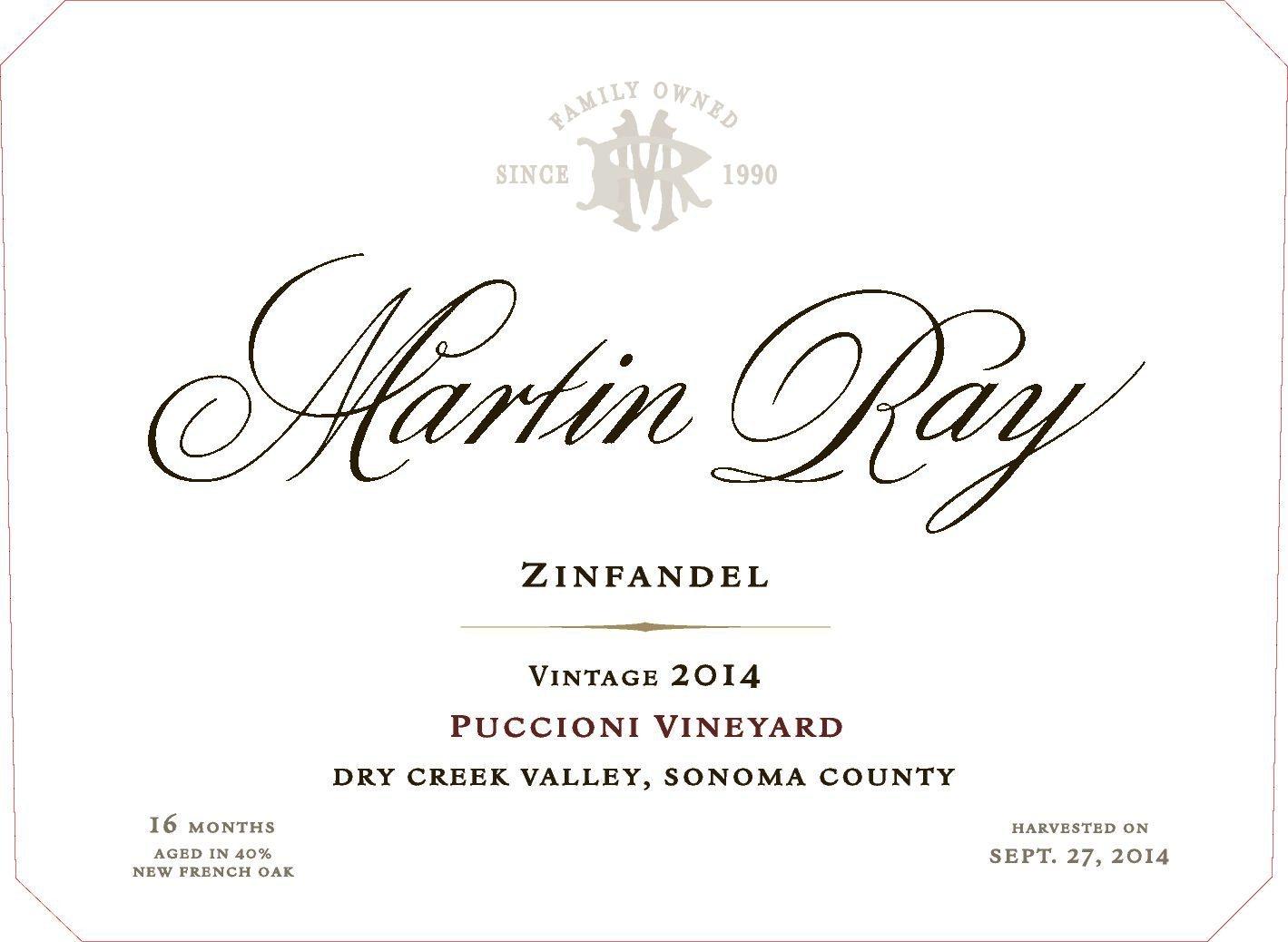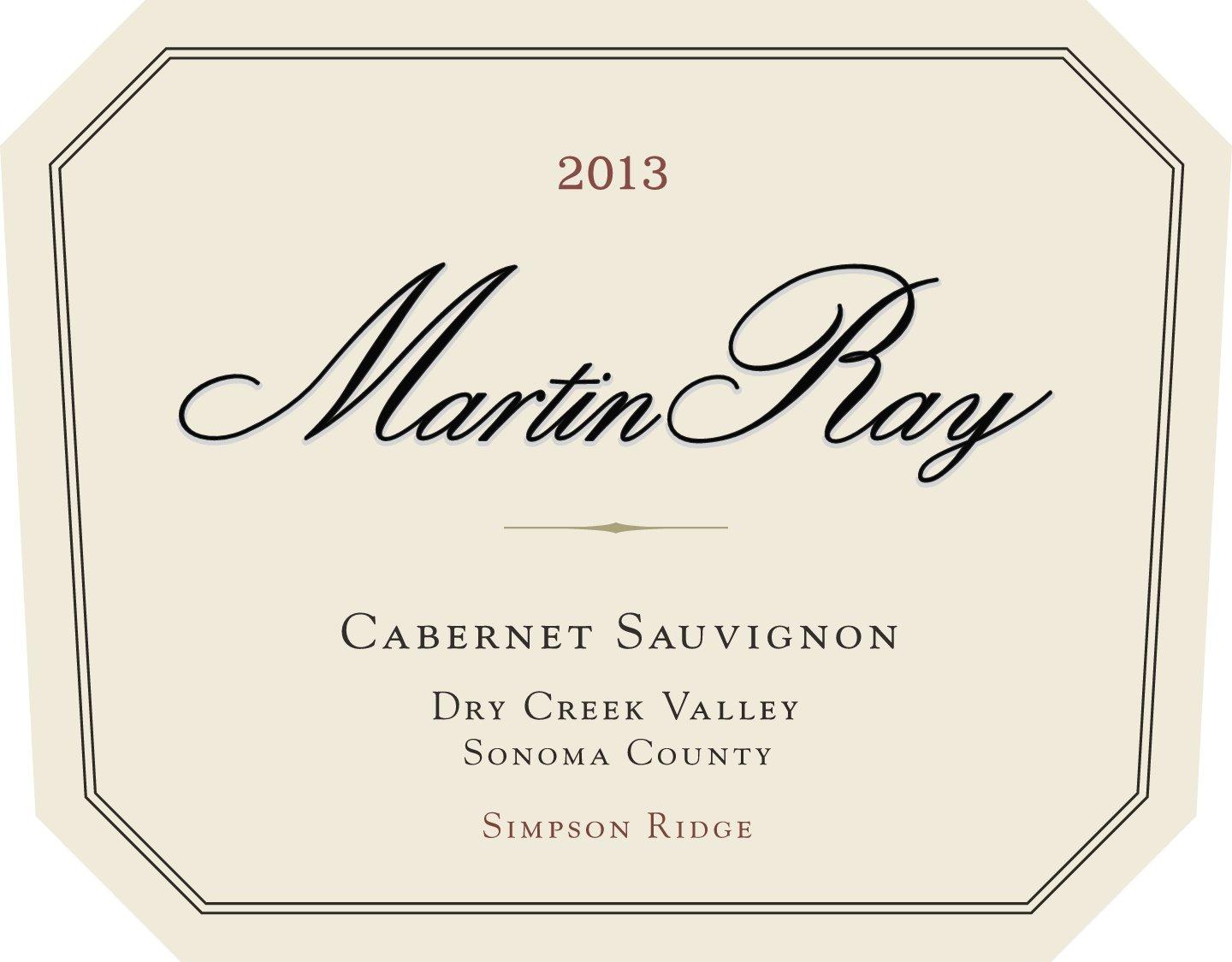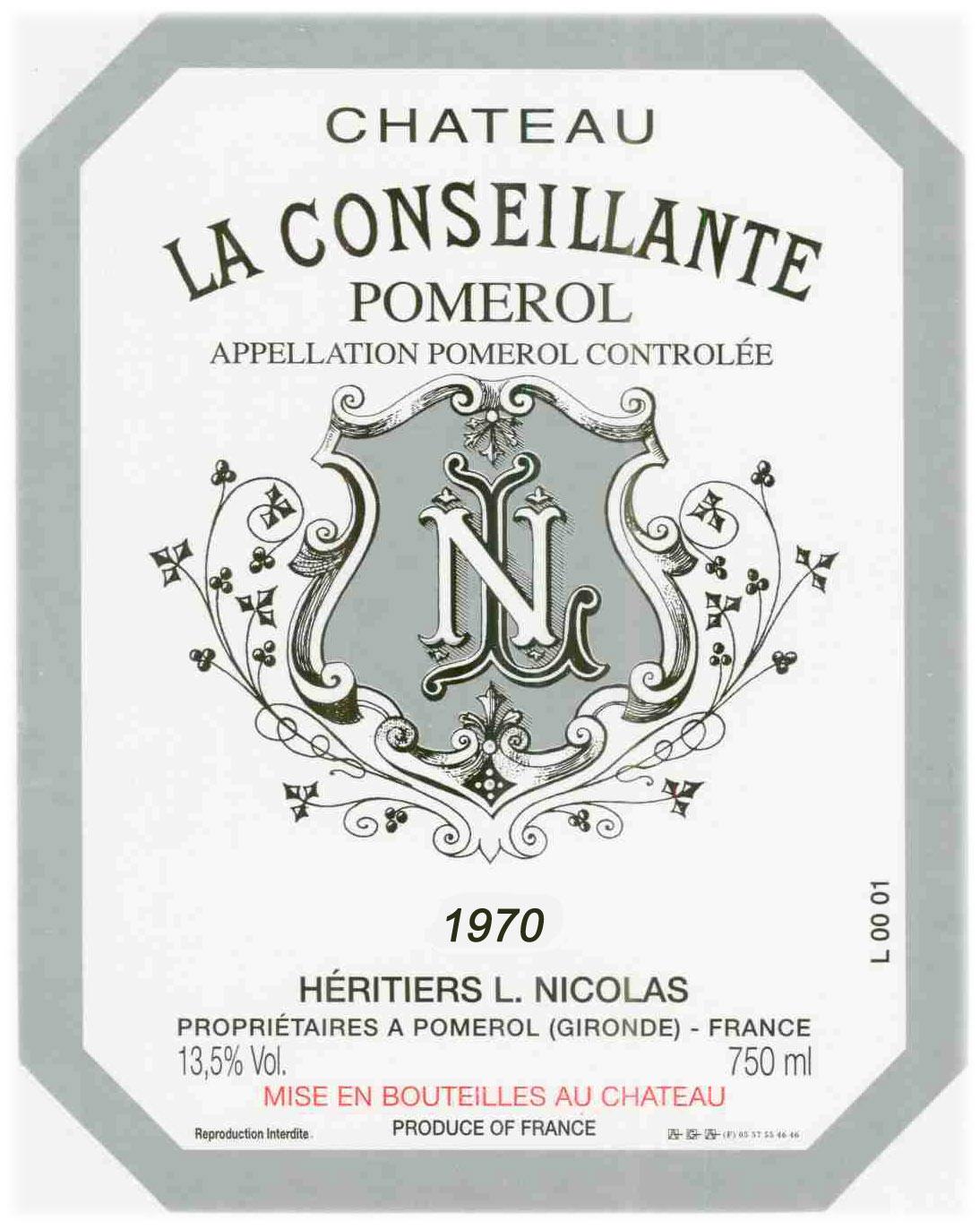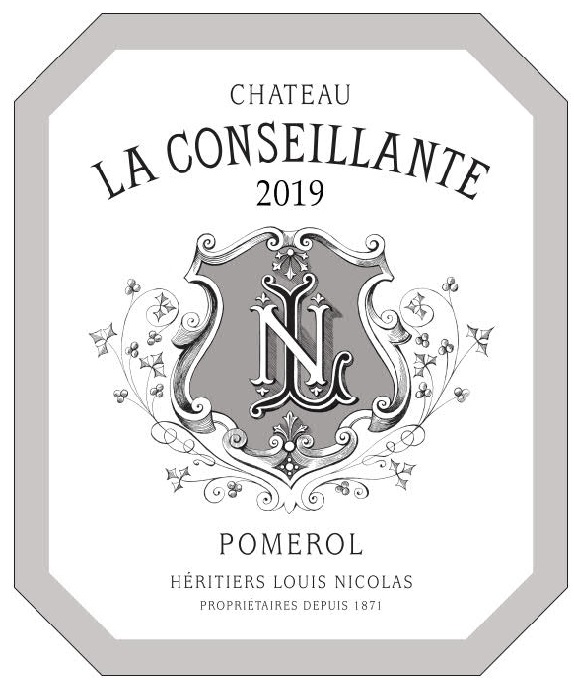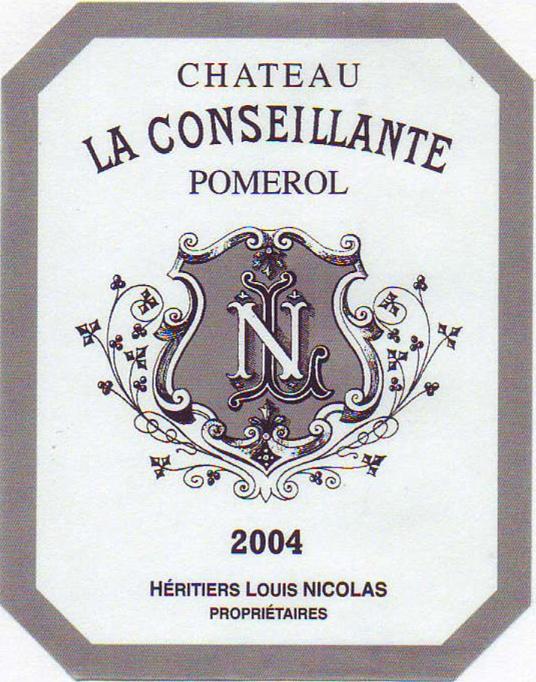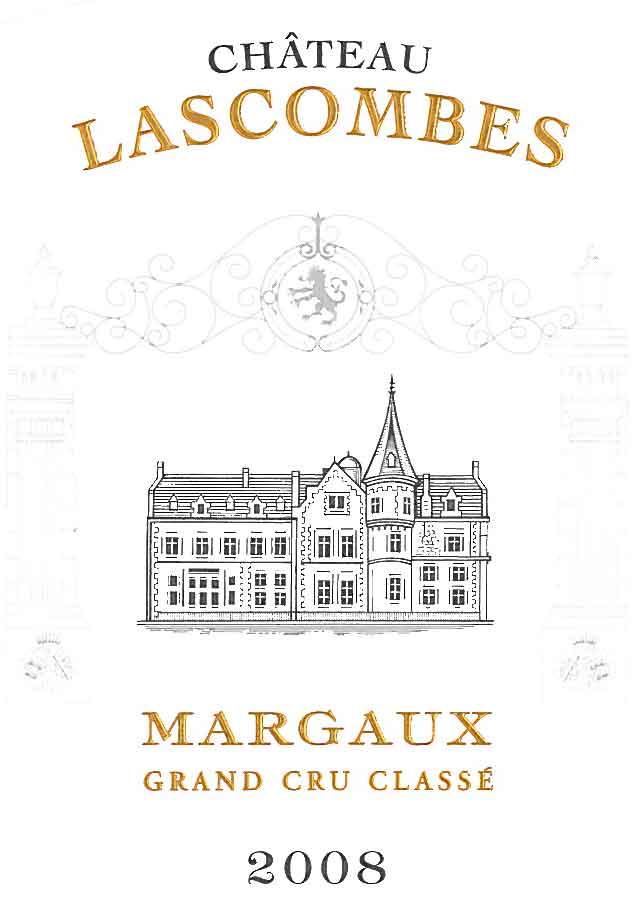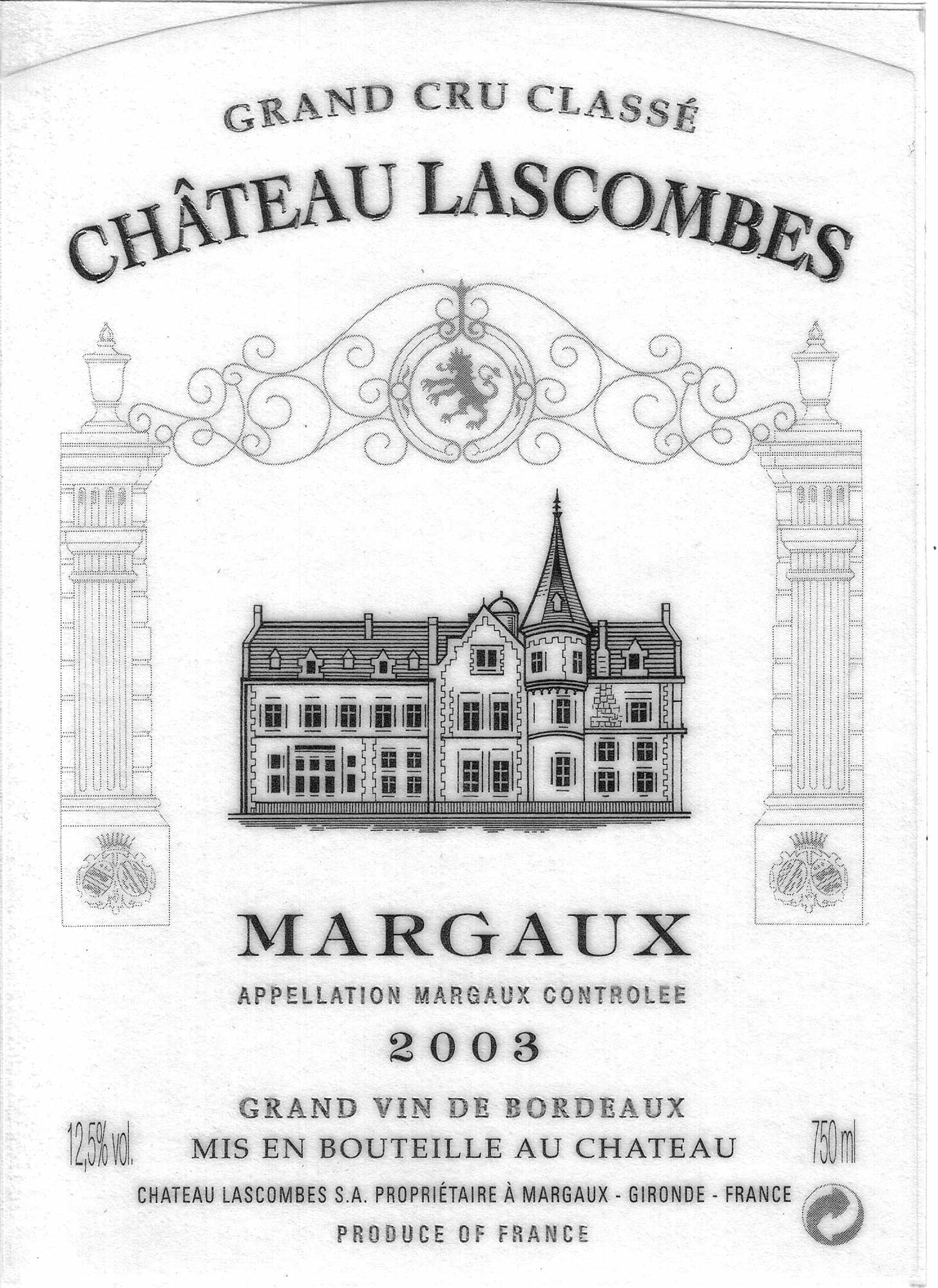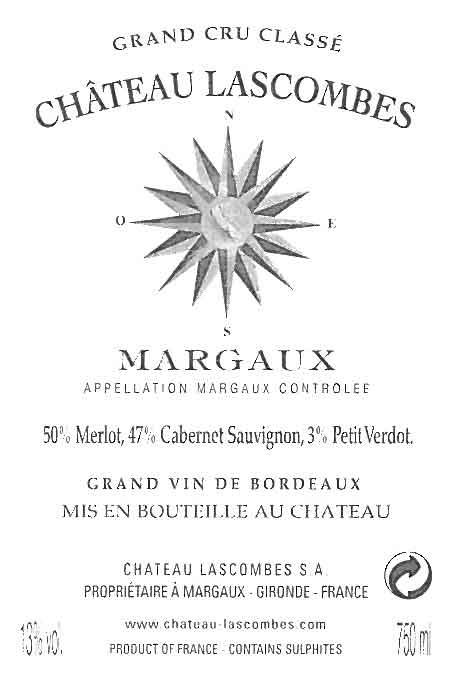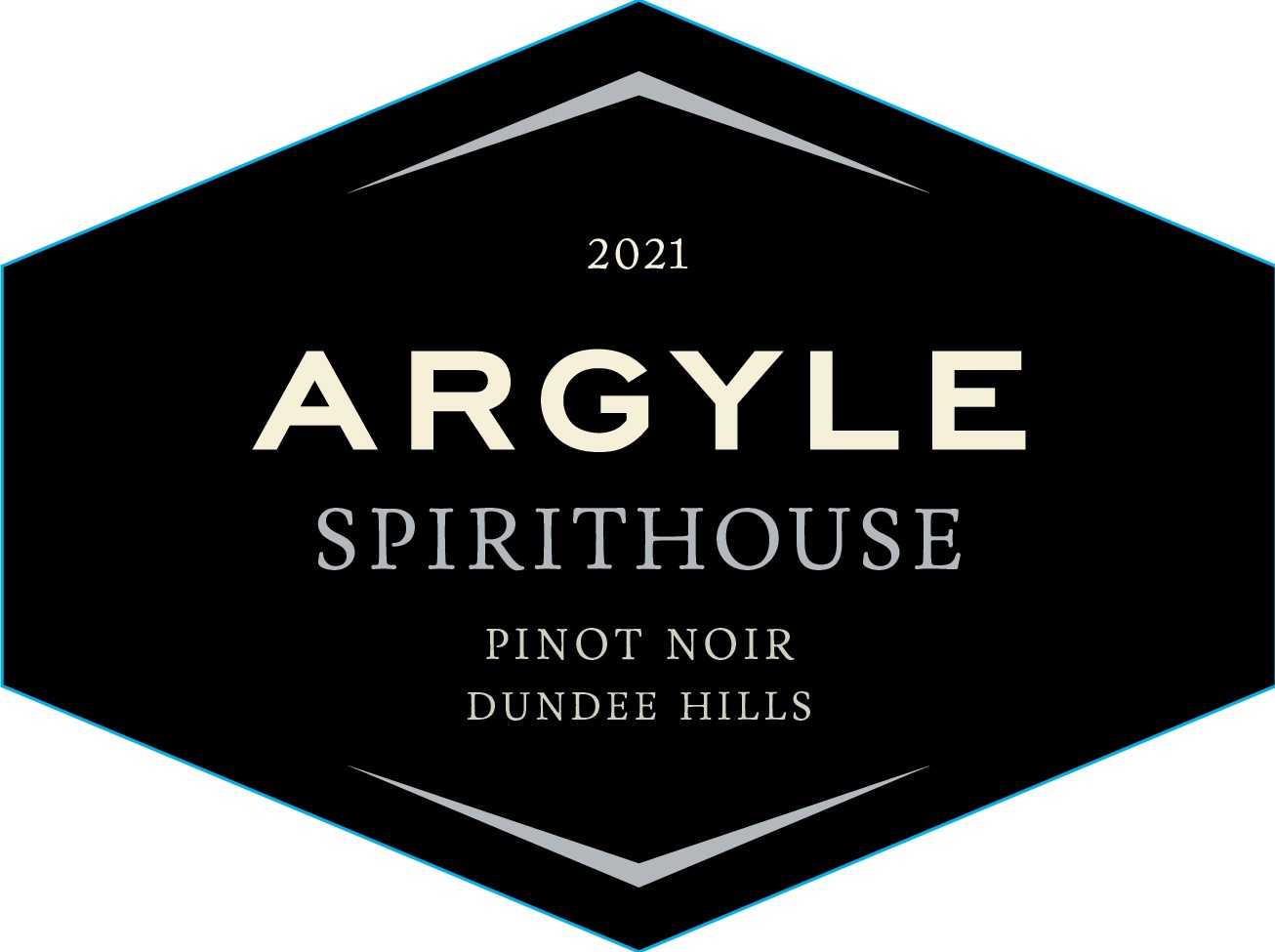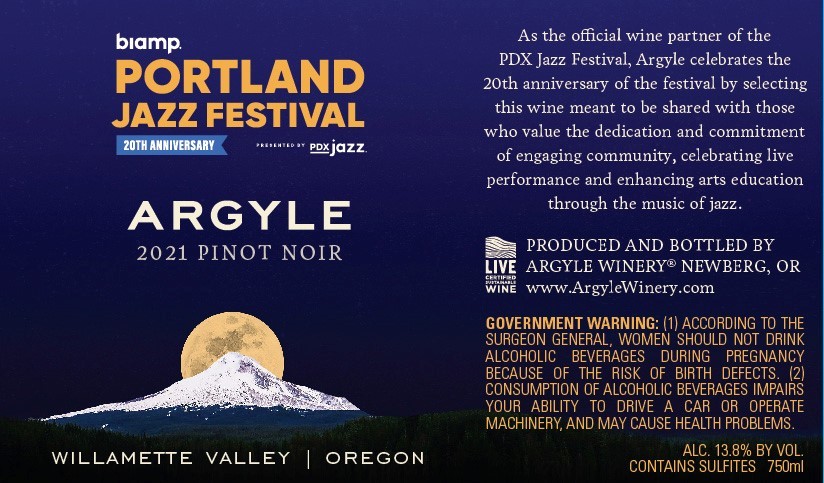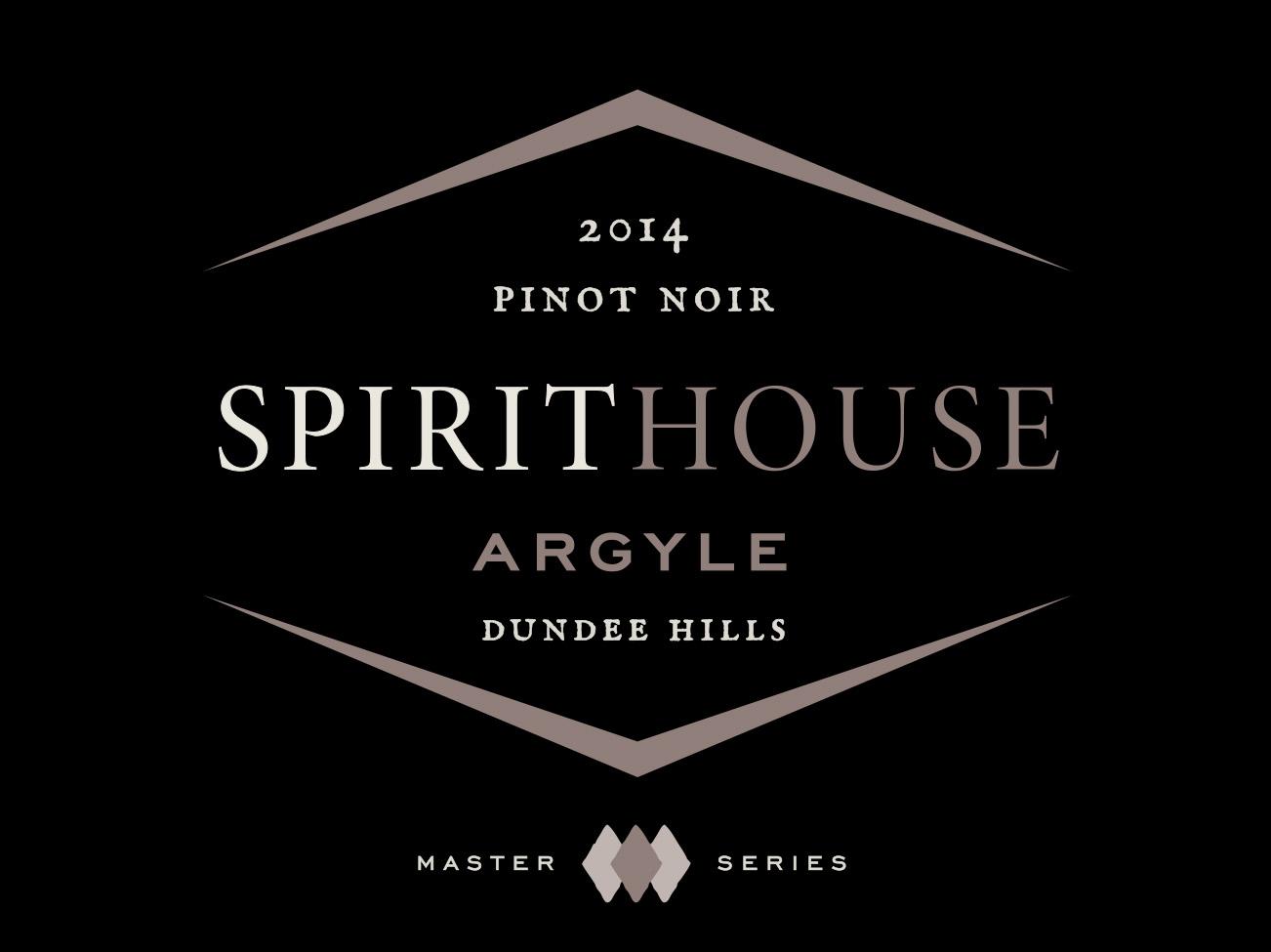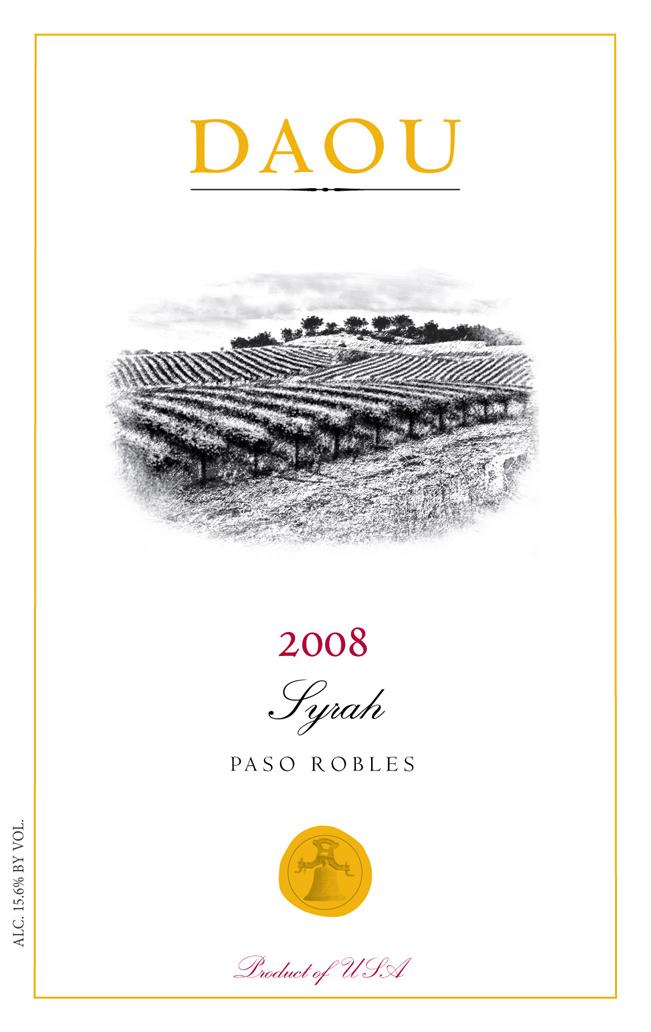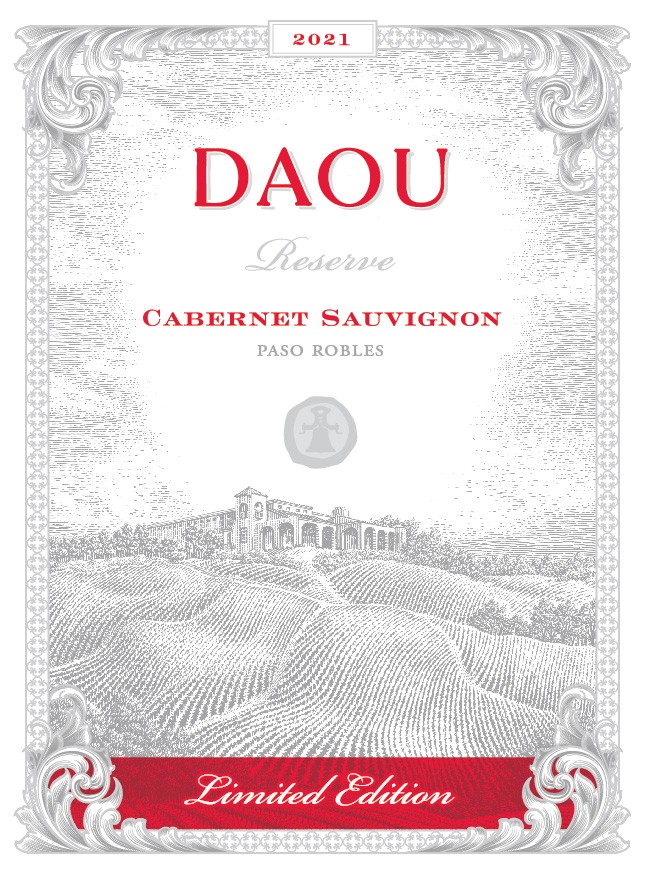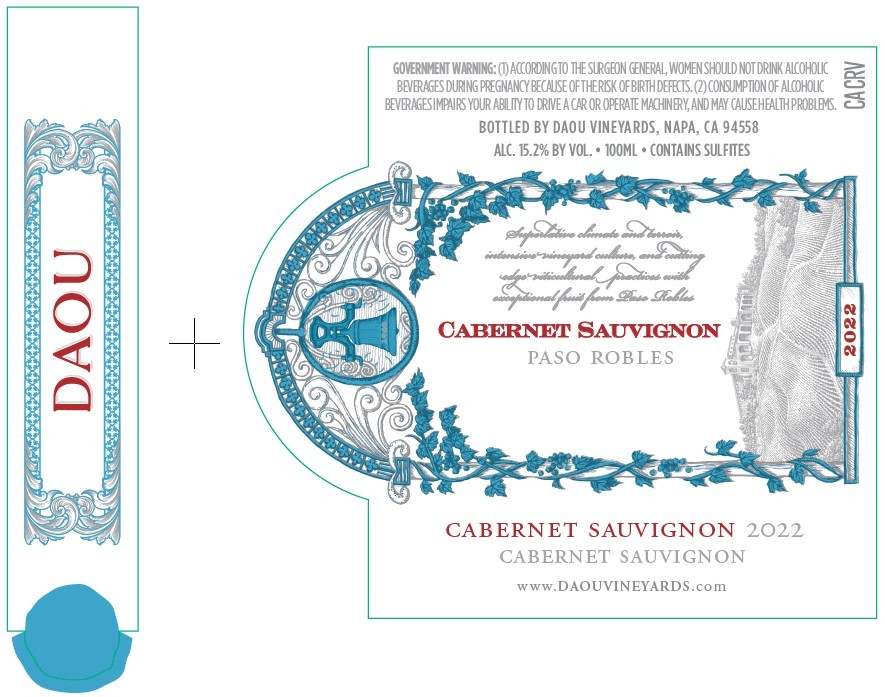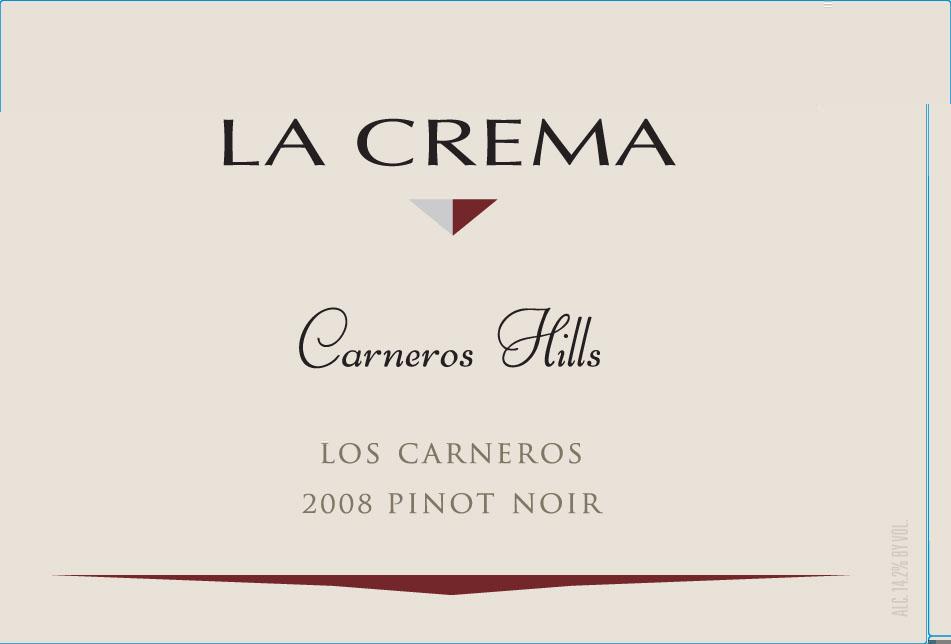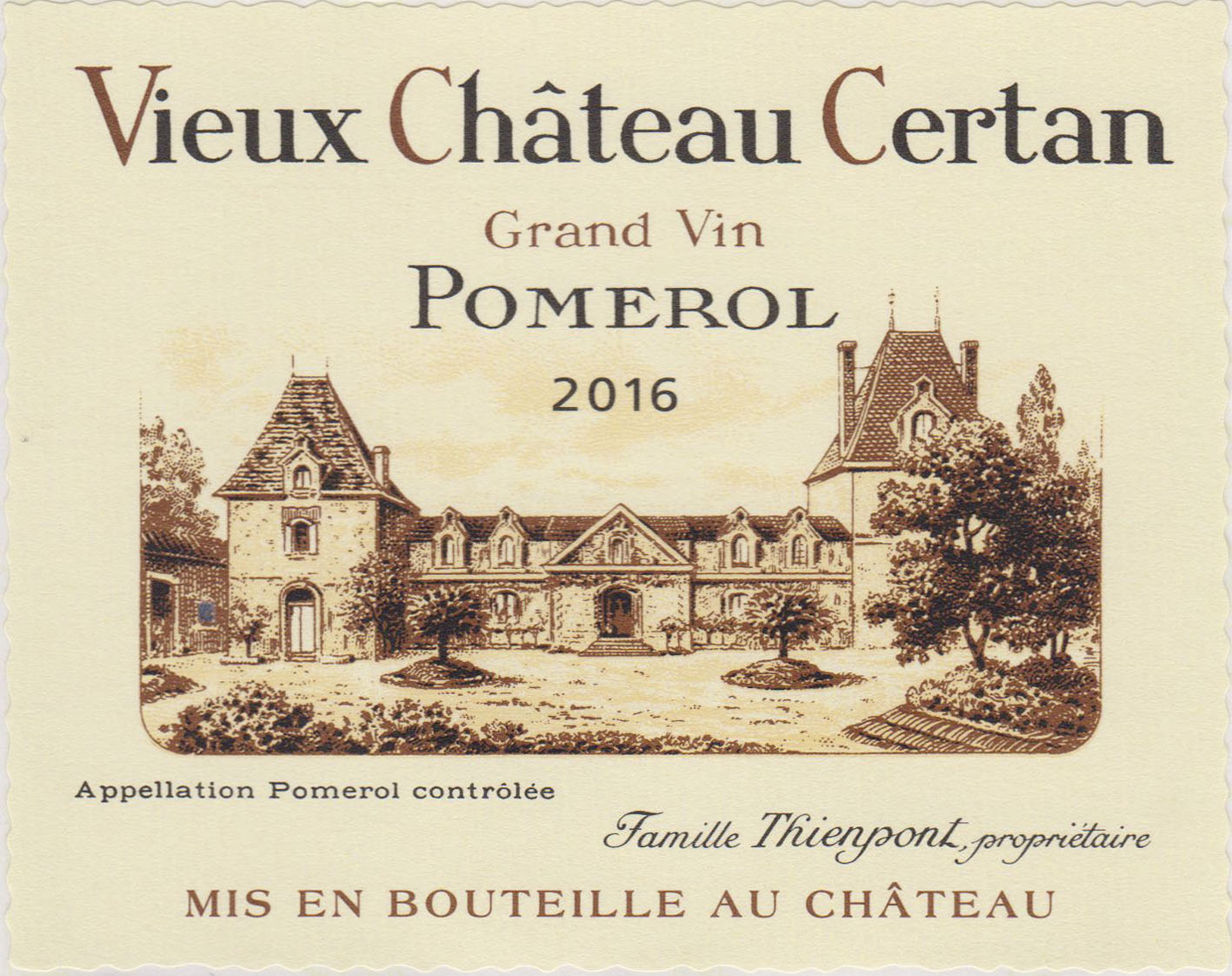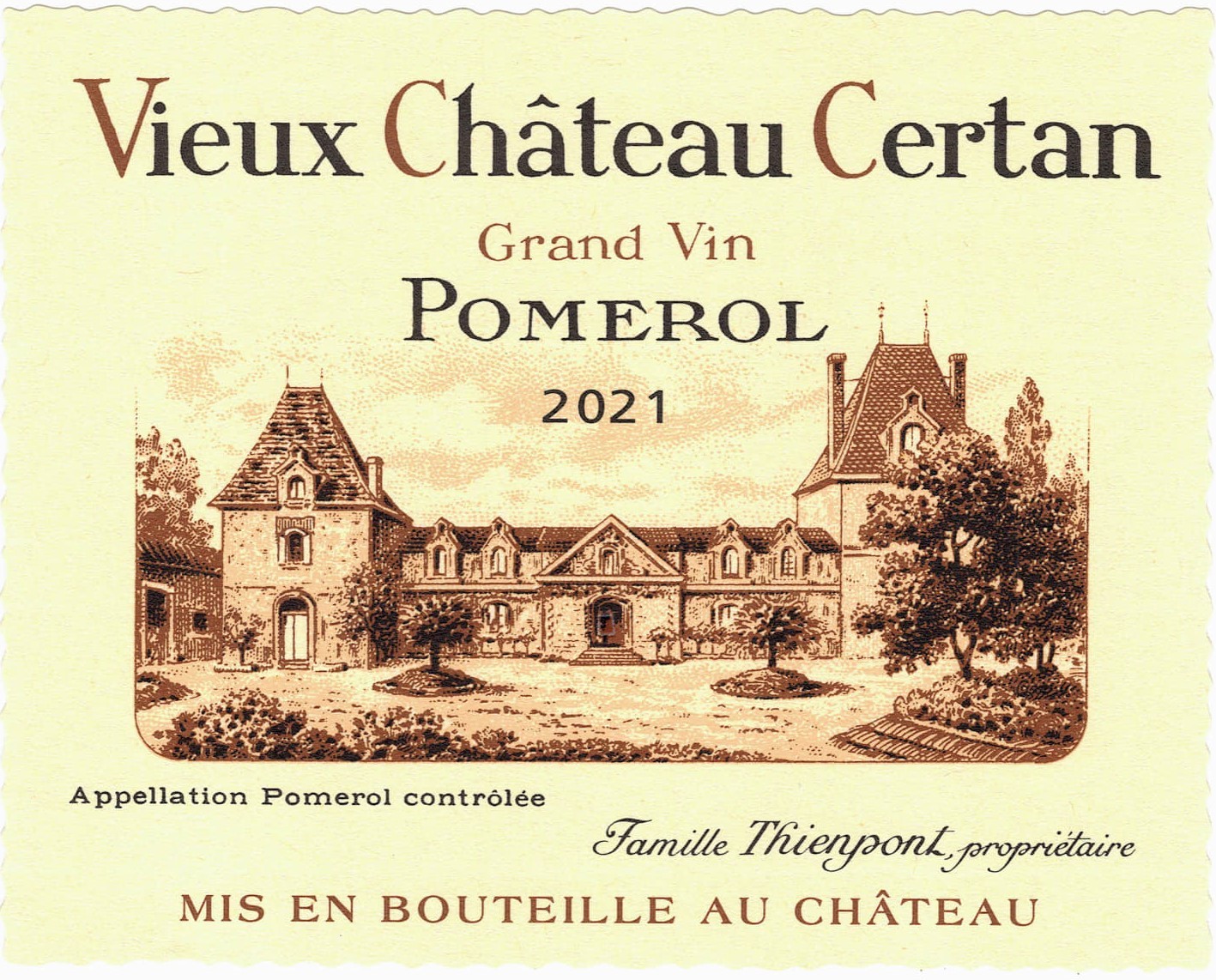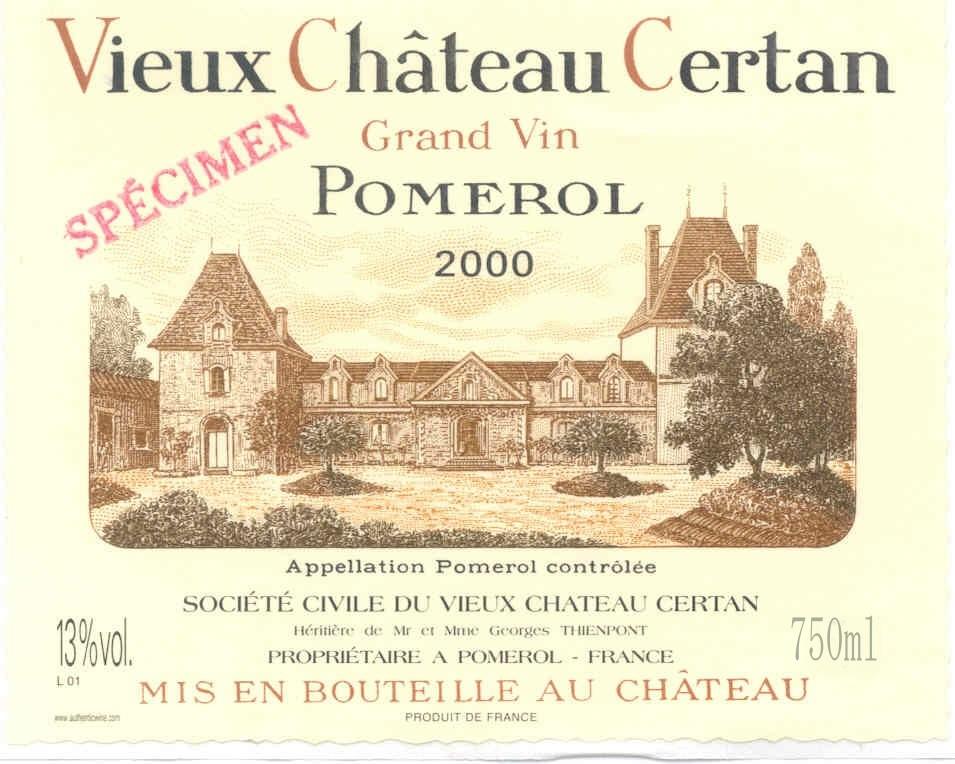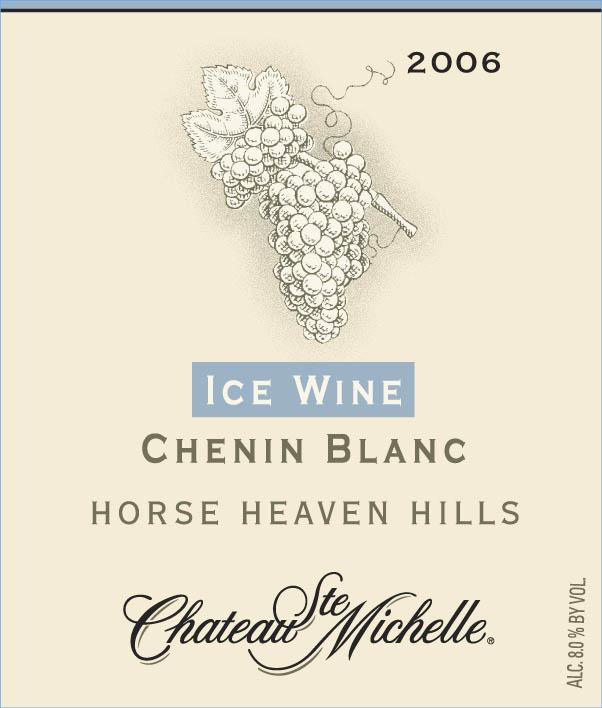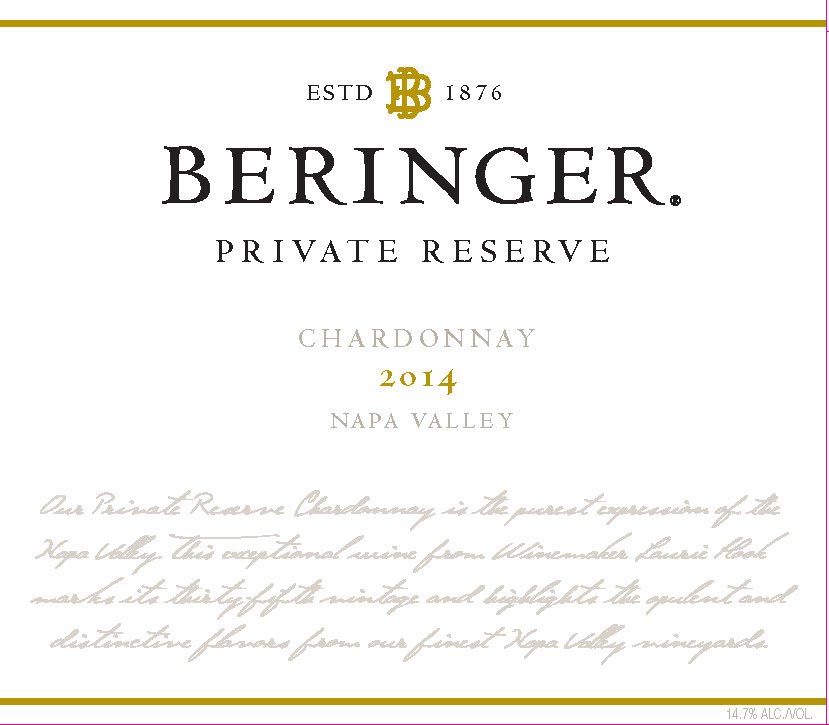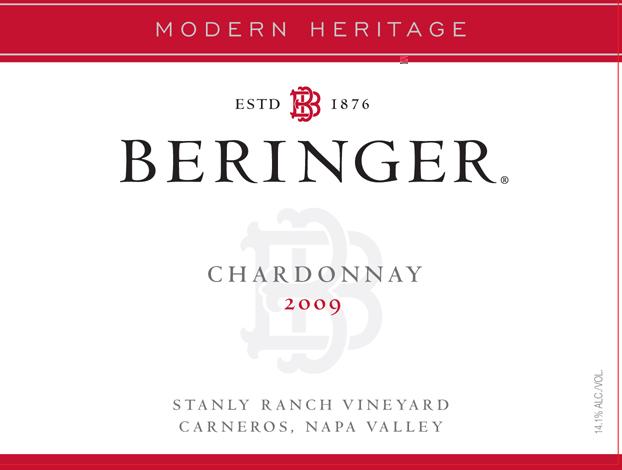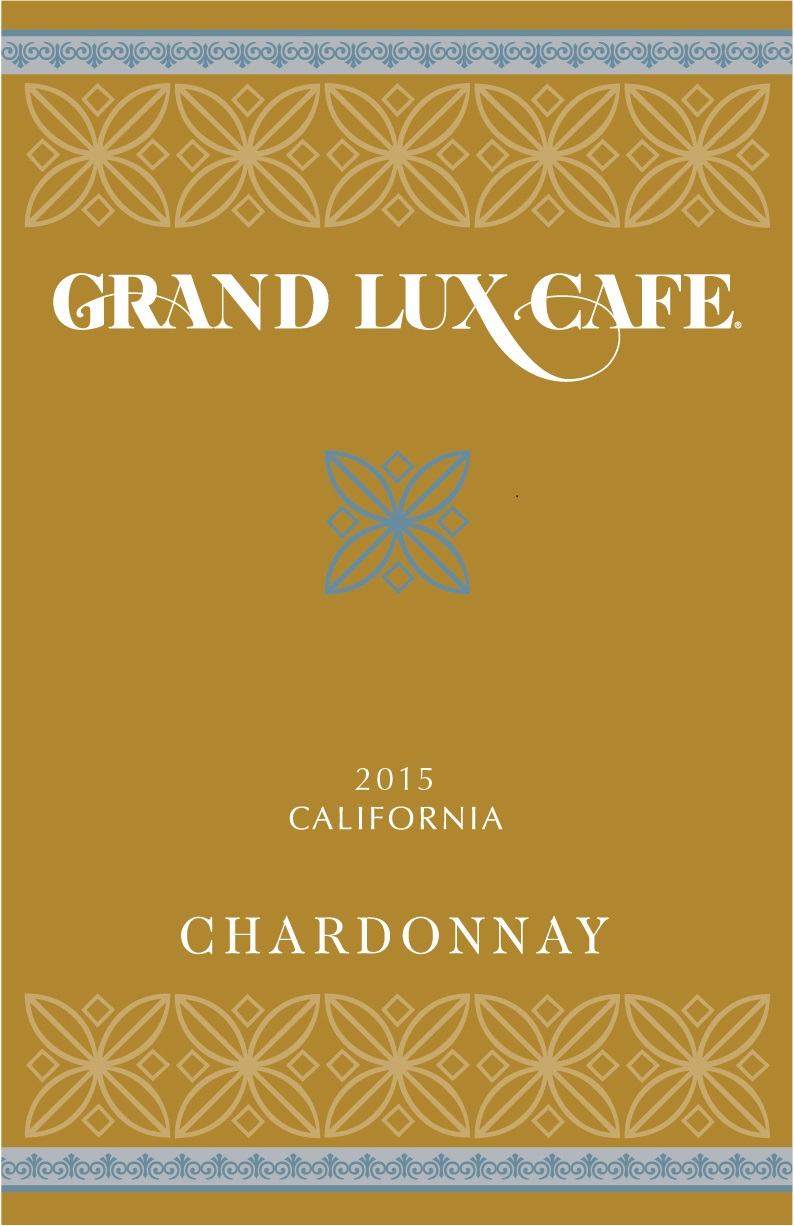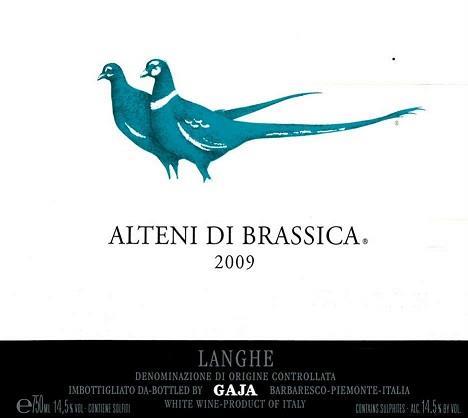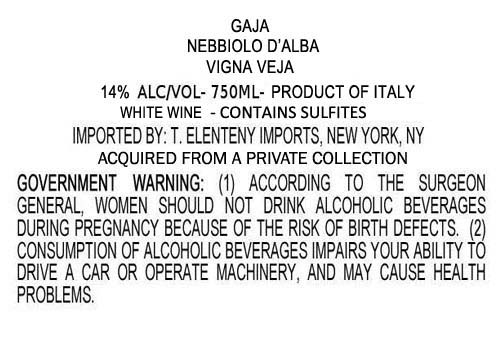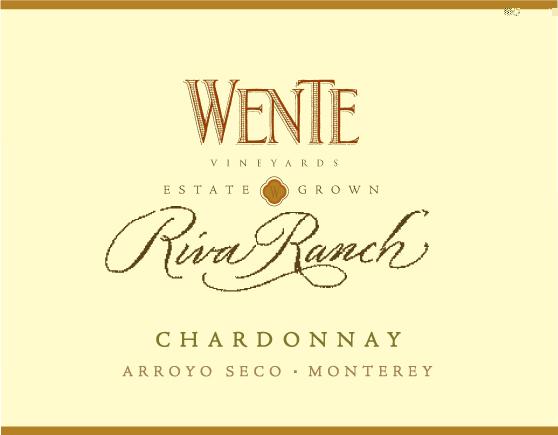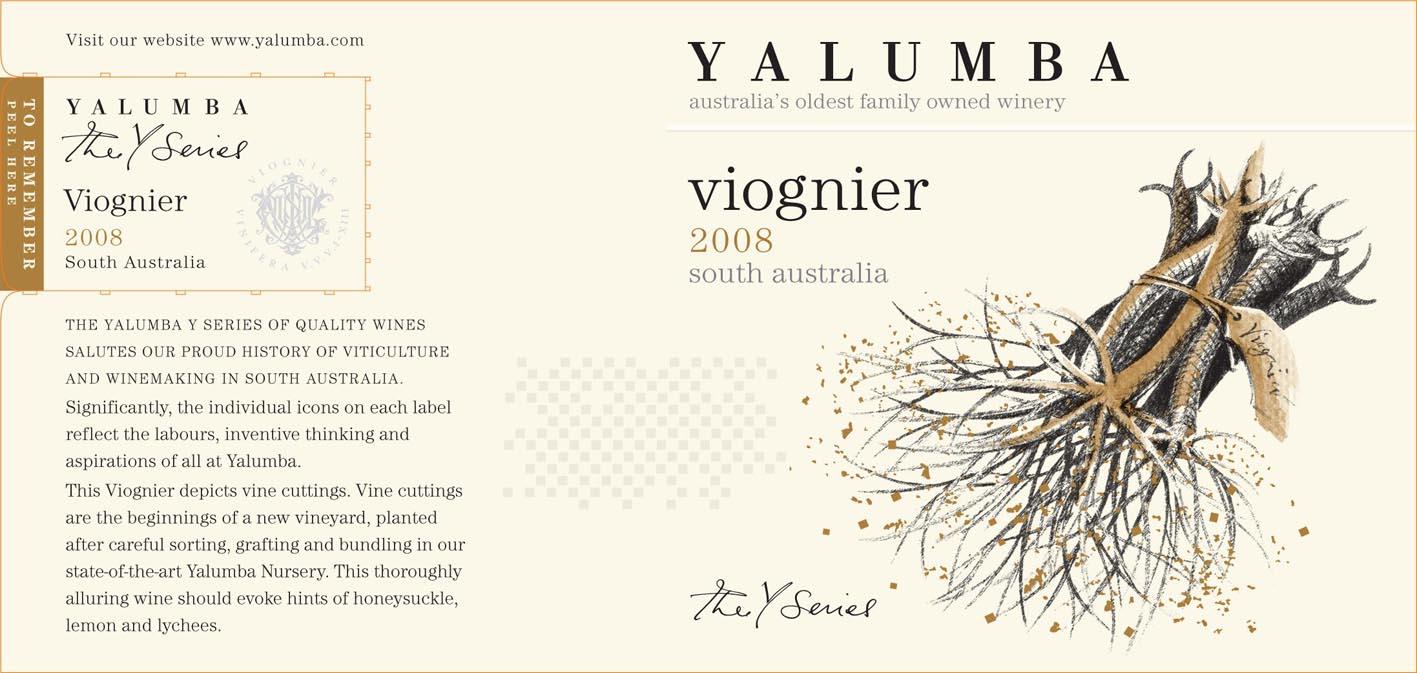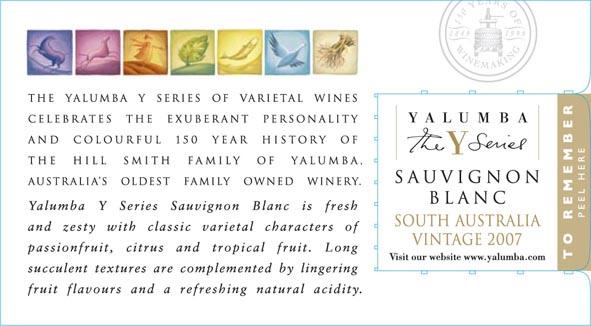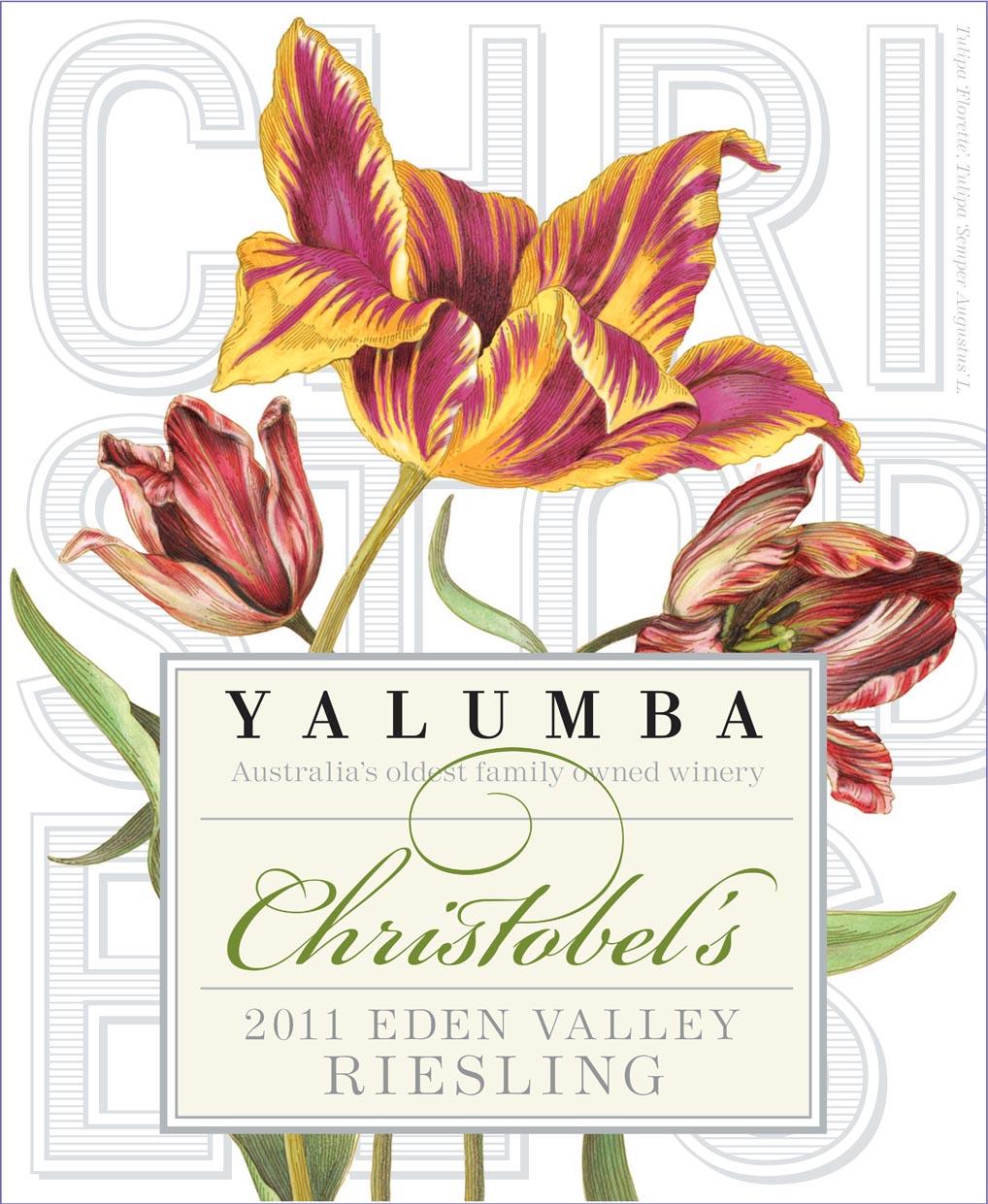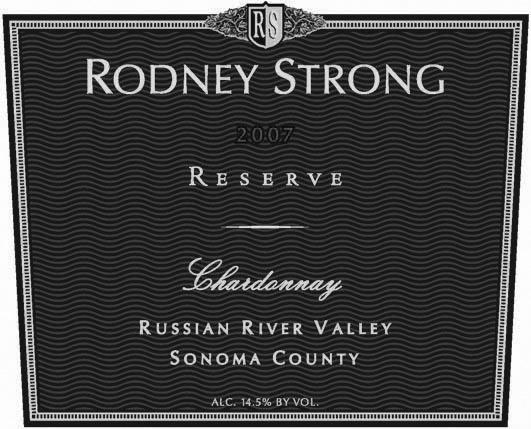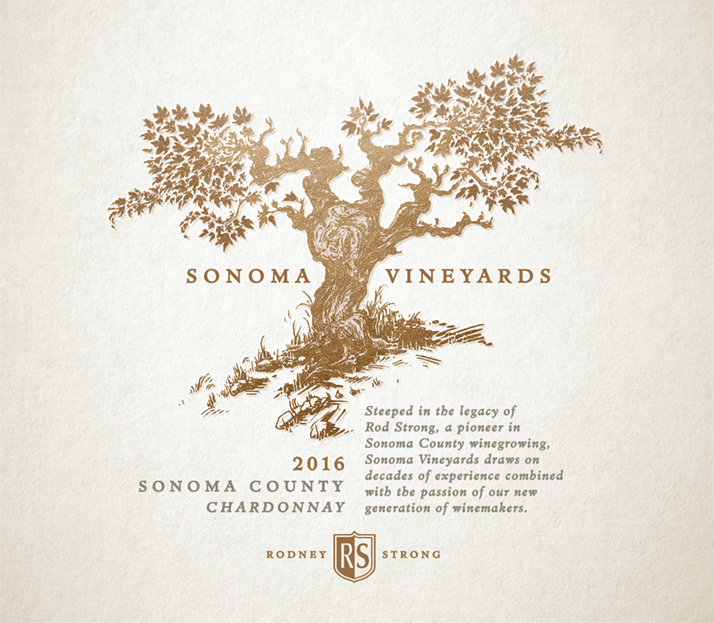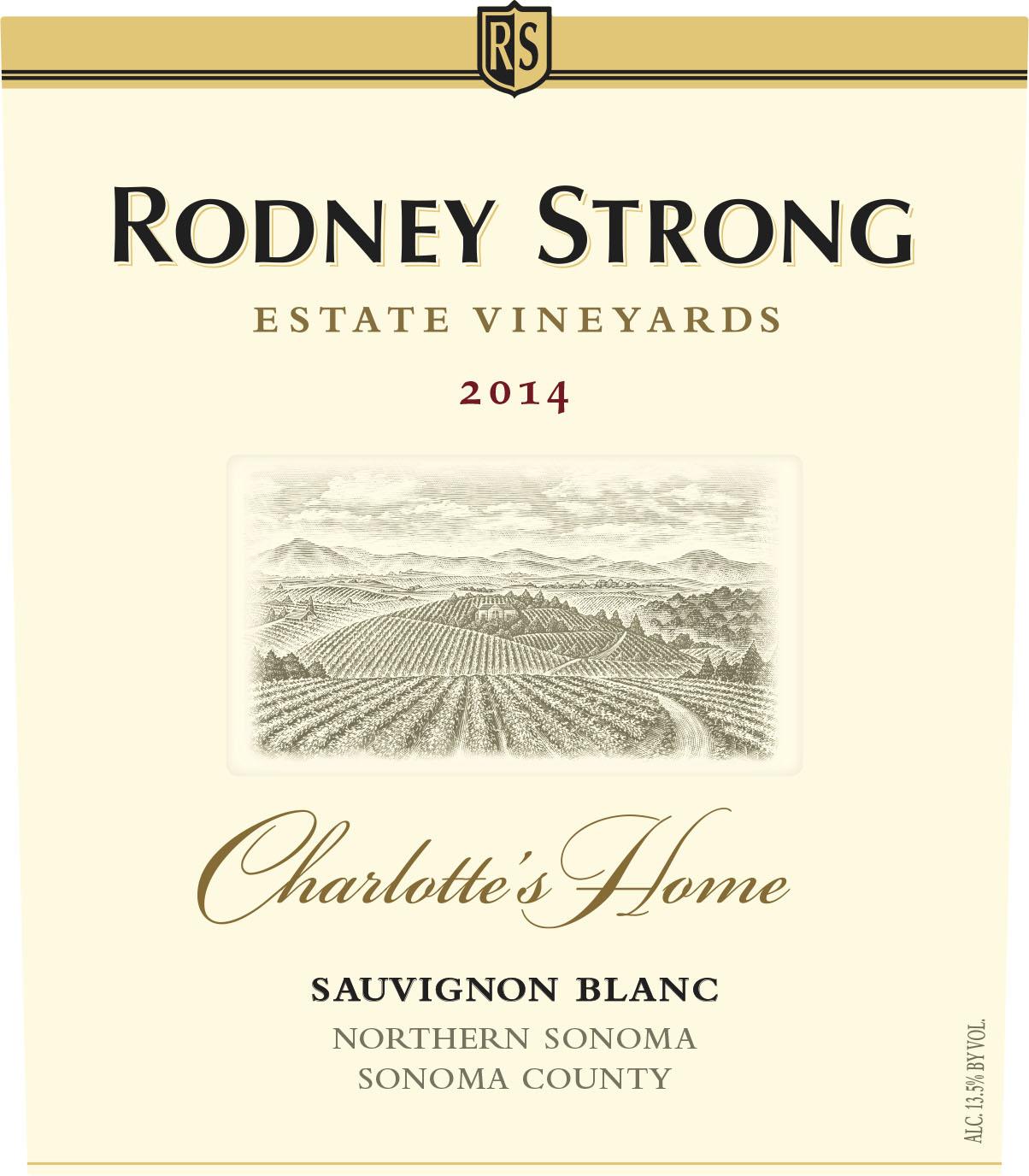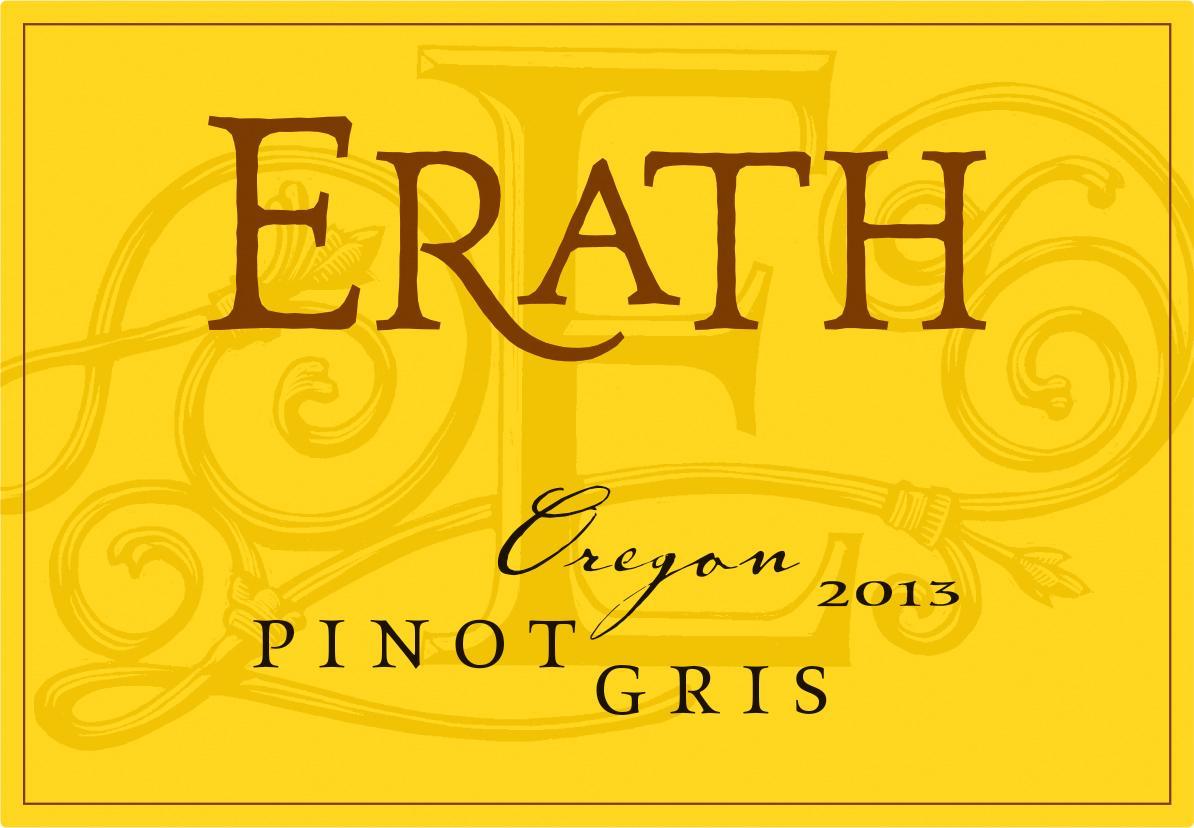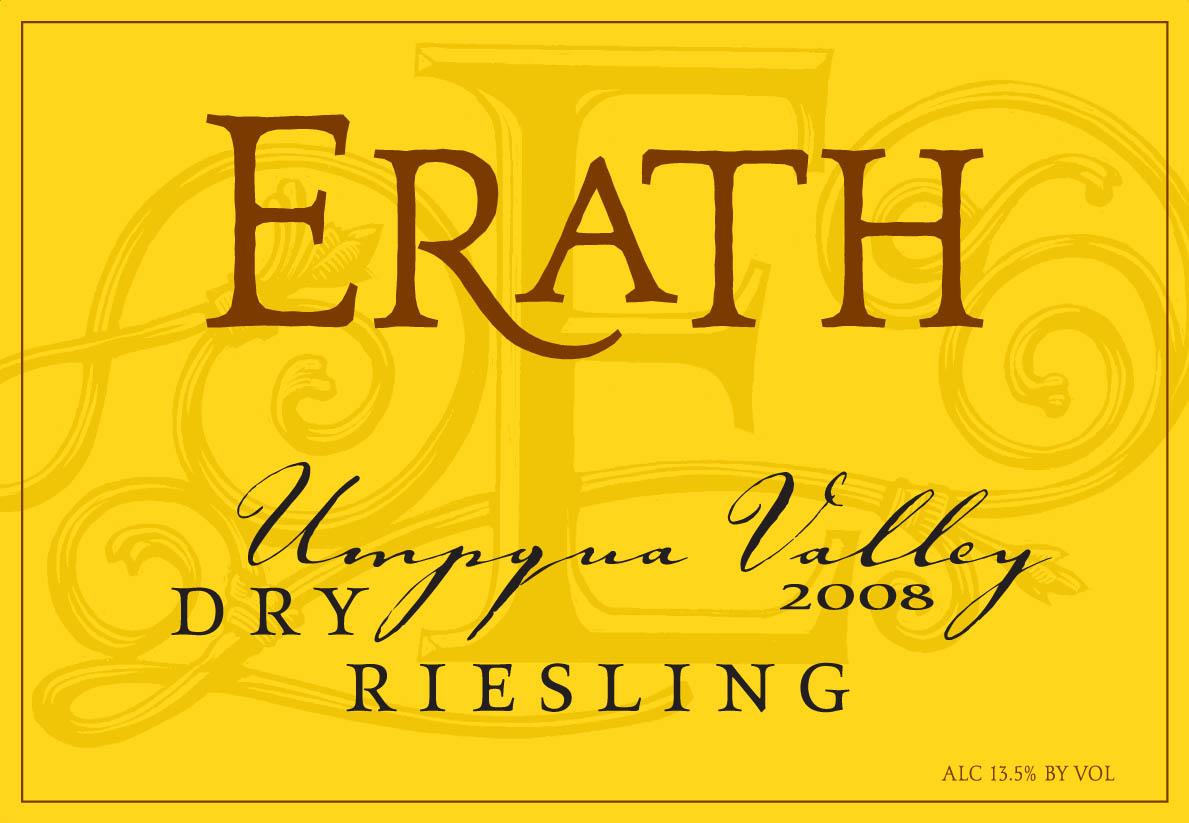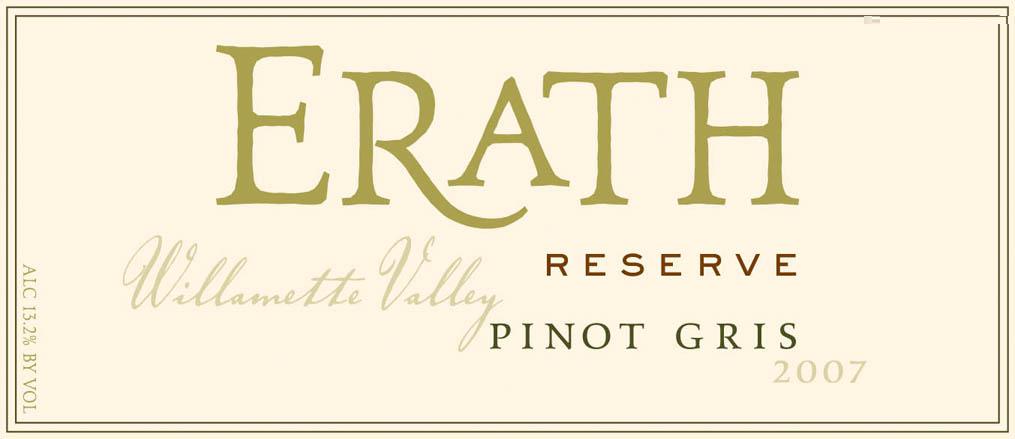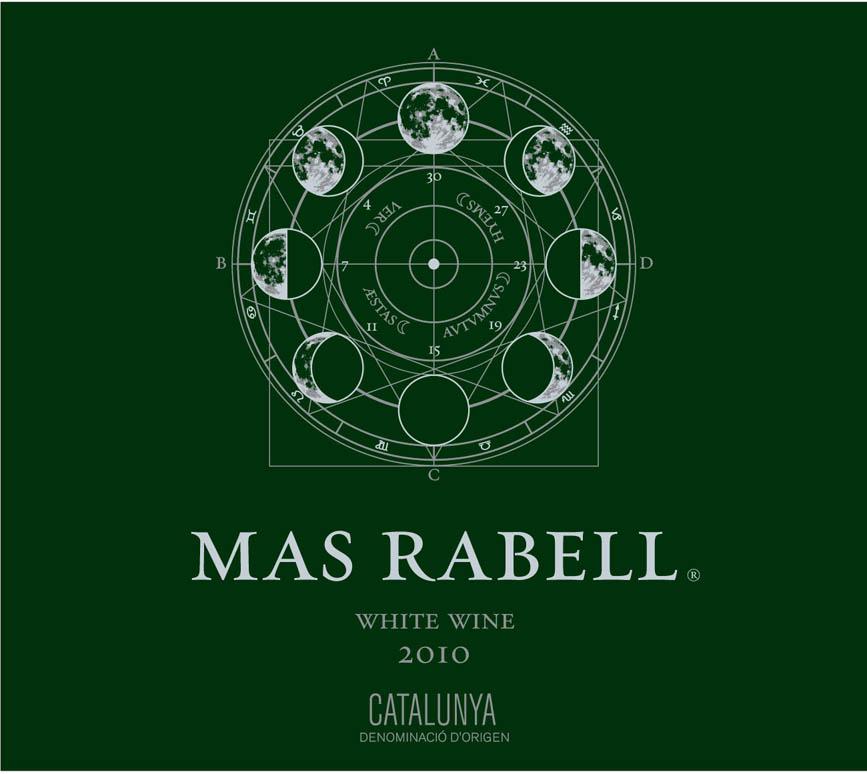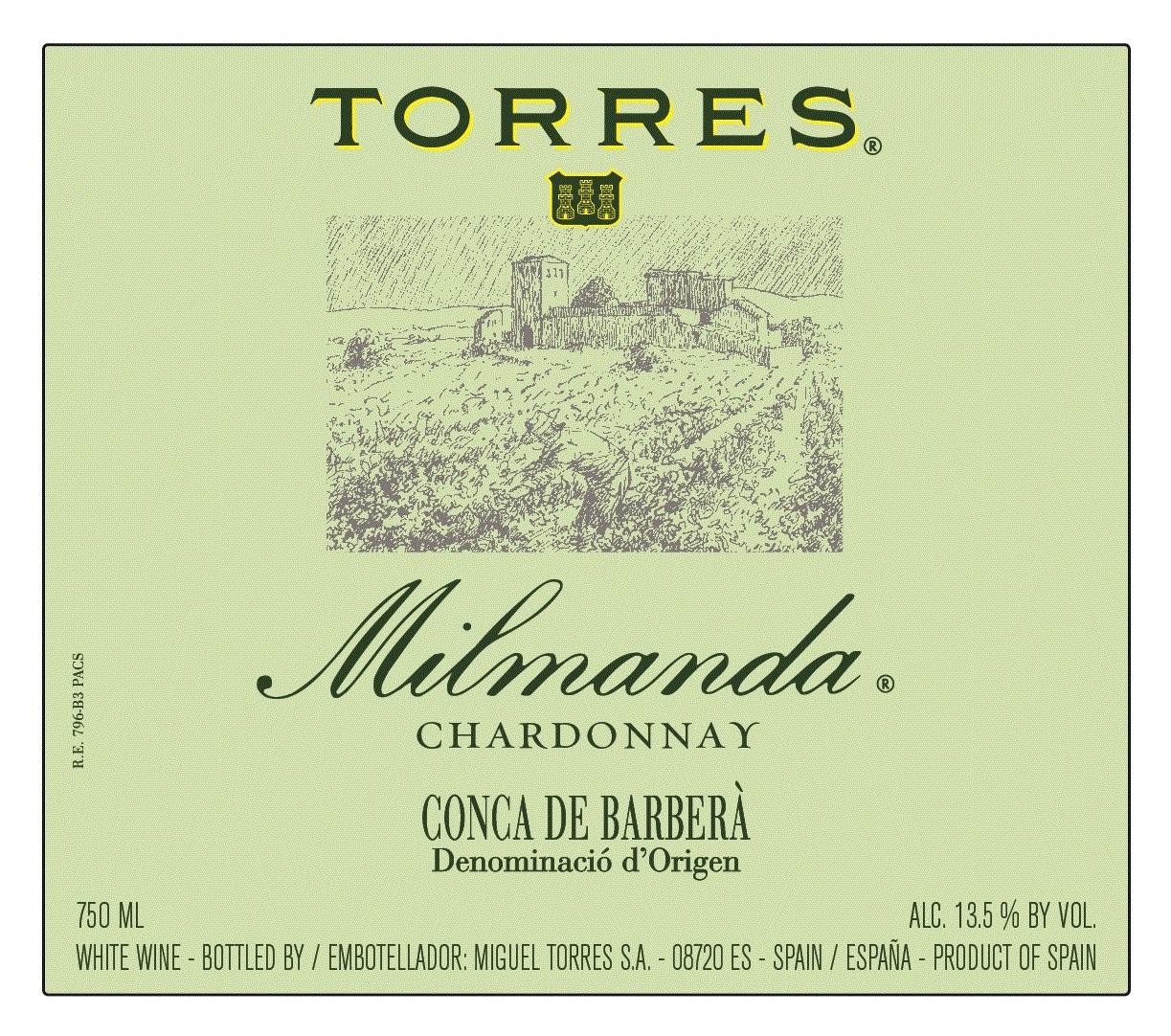Terroir of Fiano di Avellino DOCG
Irpinia's terroir is shaped by its location on the central Apennine hills, with calcareous marl and clay soils enriched by volcanic elements like pumice and ash. These features add unique minerality and ensure excellent drainage. Vineyards, set on steep slopes and terraces, enjoy varying sun exposures and high altitudes between 300 and 700 meters, allowing grapes to ripen slowly while keeping vibrant acidity.
The region has hot, dry summers softened by elevation and nearby forests, which provide cool nights vital for grape quality. Winters are short but can be cold, with occasional frost and snow, while spring rains support vine growth. This mix of conditions creates wines with strong aromatic profiles, solid structure, and the distinctive minerality that defines Fiano di Avellino's character.
Notable Wineries in Fiano di Avellino DOCG
The Fiano di Avellino region in Campania boasts an array of exceptional wineries, each contributing to the area's rich winemaking heritage. Here are some noteworthy producers:
-
Feudi di San Gregorio: Located in Sorbo Serpico, this winery is renowned for its aromatic and pure wines, crafted with both modern and traditional techniques.
-
Mastroberardino: A historic family estate in Atripalda, pivotal in preserving Fiano, known for creating classic, age-worthy wines.
-
Villa Raiano: Based in Lapio, they focus on sustainable farming practices to produce refined Fiano wines.
-
Tenuta Cavalier Pepe: Also in Lapio, they are celebrated for their dedication to crafting expressive Fiano wines.
-
Antica Hirpinia: Situated in Cesinali, they grow grapes on volcanic soils, resulting in distinctive Fiano wines.
Sustainable Winemaking in Fiano di Avellino DOCG
In Irpinia, sustainability is at the forefront, with many Fiano grape growers adopting eco-conscious practices. The region's steep and thin-soiled slopes naturally restrict machinery use, prompting the growth of cover crops like grasses and legumes to combat erosion and enhance soil health. Several estates have transitioned to organic or biodynamic farming, with some achieving certification. To reduce their carbon footprint, leading wineries invest in energy-efficient facilities and renewable energy sources.
Vineyards employ low-intervention techniques, including native yeasts and careful sulfite management, while conserving water by using irrigation sparingly. The local consorzio actively backs green initiatives, supporting cover cropping and organic soil improvements. Overall, producers in Irpinia are dedicated to crafting high-quality wines while preserving the Apennine landscape, showcasing a commitment to sustainability and environmental stewardship.
Wine Tourism in Fiano di Avellino DOCG
Fiano di Avellino in Campania offers unique wine tourism opportunities, combining natural beauty and rich heritage. The vineyards are set on mountainous terrains, providing dramatic views and a cooler climate ideal for Fiano grapes.
Visitors can explore the Strade del Vino Irpinia routes, connecting key wine areas like Greco di Tufo and Taurasi. These routes are perfect for scenic drives or bike rides.
In charming towns such as Lapio and Monteforte Irpino, tourists can enjoy local cuisines like truffle dishes paired with Fiano wines. Vineyards often host open-house events and harvest festivals in early autumn, offering guided tastings of both traditional and modern wines. The focus here is on genuine rural experiences, with small wineries offering insight into sustainable and eco-friendly practices. In Avellino city, wine bars present curated tasting flights, showcasing the region's crisp, mineral-rich wines alongside delightful Campanian dishes.



